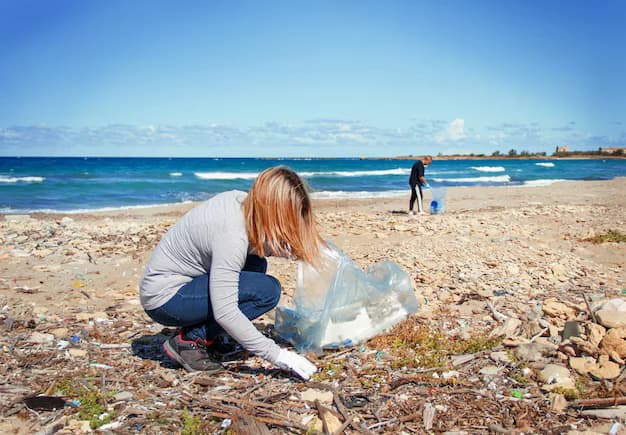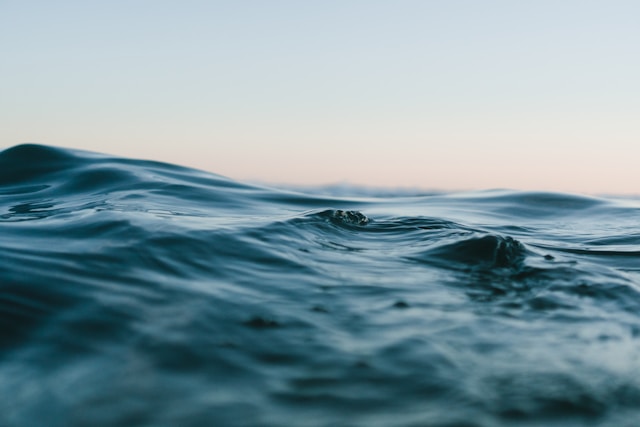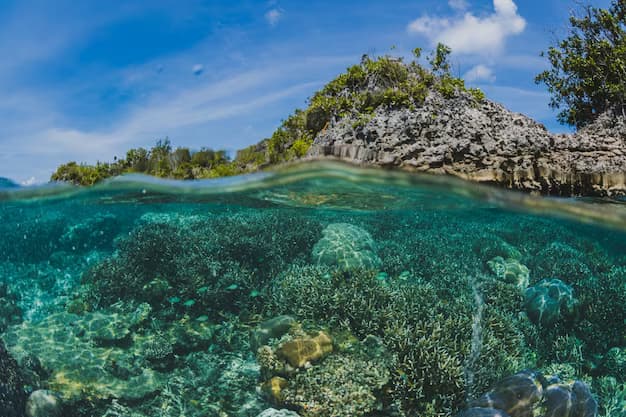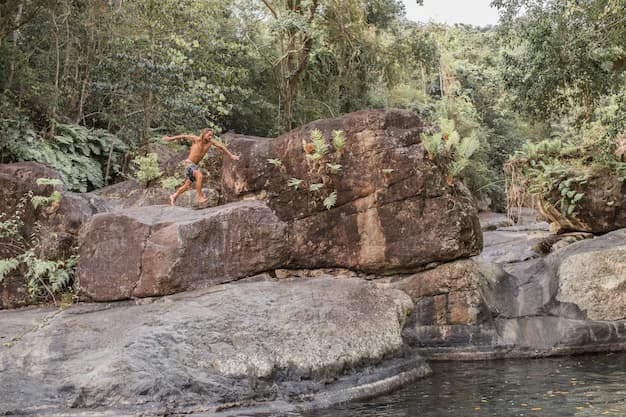The world’s beaches and oceans are facing a significant threat due to pollution caused by chemicals, runoff, and physical waste such as microplastics. However, there are various ways, some of which are quite simple, to improve local beaches and have a positive impact globally. In this comprehensive guide, we will explore the reasons behind ocean and beach pollution, and delve into actionable steps that individuals can take to address these issues. From simple everyday changes to more substantial efforts, each action contributes to the greater goal of preserving our precious coastal environments.
Factories

Impact on Beaches and Oceans
Factories play a substantial role in polluting beaches and oceans, primarily through the expulsion of microplastics. These tiny plastic particles find their way onto beaches and into the ocean, contributing to the degradation of marine ecosystems. Many factories produce plastics as a waste product, leading to a significant negative impact on beaches, particularly through the production of microplastics. While some of these plastics are recycled to produce new items, vast quantities still end up in the ocean annually.
What You Can Do
To combat the adverse effects of factories on beaches and oceans, individuals can reduce their consumption of disposable plastic products. By minimizing the demand for single-use plastics, the overall production and subsequent pollution can be curbed. This can be achieved through using alternatives such as paper bags, reusable containers, and eco-friendly packaging. Additionally, advocating for stricter regulations on plastic waste disposal by industries can significantly mitigate the impact of factories on coastal environments.
Impact of Factories on Beaches and Oceans
| Issue | Impact |
|---|---|
| Microplastic Pollution | Expulsion of microplastics leading to contamination of beaches and oceans, harming marine life |
| Plastic Waste | Excessive production of plastic waste as a byproduct, contributing to ocean pollution |
Other Businesses
Environmental Consequences
Apart from factories, various other businesses also contribute to beach and ocean pollution. The excessive use of plastic packaging, improper waste disposal, and lack of sustainable practices collectively lead to environmental degradation. Whether it’s retail stores, restaurants, or service providers, the impact of these businesses on coastal ecosystems cannot be overlooked.
Taking Action
Individuals can make a difference by consciously choosing to support businesses that prioritize sustainability and environmentally friendly practices. By opting for products with minimal packaging, encouraging businesses to adopt eco-friendly alternatives, and promoting responsible waste management, consumers can influence businesses to operate in a more environmentally conscious manner. Furthermore, raising awareness about the environmental impact of businesses and supporting initiatives that promote sustainable practices can drive positive change at a larger scale.
Ways to Encourage Sustainable Practices in Businesses
- Choose products with minimal packaging;
- Support businesses with eco-friendly alternatives;
- Advocate for responsible waste management.
Fishing Industry
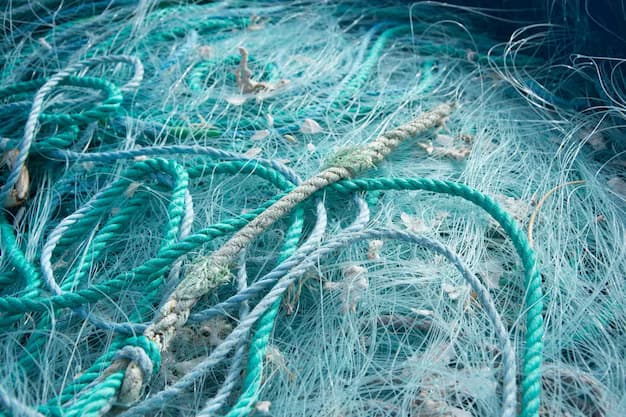
Ecological Impact
The fishing industry significantly impacts beach and ocean health through overfishing, bycatch, and habitat destruction. Overfishing disrupts marine ecosystems, leading to imbalances in fish populations and affecting the overall biodiversity of coastal areas. Additionally, bycatch, which involves the unintentional capture of non-target species, further contributes to the depletion of marine resources and disturbs the delicate balance of marine life.
Promoting Sustainable Fishing Practices
Consumers can play a vital role in promoting sustainable fishing practices by making informed choices about the seafood they consume. Opting for sustainably sourced seafood and supporting fisheries that adhere to responsible fishing practices can help reduce the ecological impact of the fishing industry on beaches and oceans. Moreover, advocating for policies that regulate fishing activities, minimize bycatch, and protect marine habitats is essential in ensuring the long-term health of coastal ecosystems.
Ecological Impact of the Fishing Industry
| Issue | Impact |
|---|---|
| Overfishing | Disruption of marine ecosystems, leading to imbalances in fish populations |
| Bycatch | Unintentional capture of non-target species, contributing to the depletion of marine resources |
| Habitat Destruction | Deterioration of marine habitats, affecting the overall biodiversity of coastal areas |
What Can We Do to Help?
Reduce Your Waste
One of the most effective ways to contribute to beach conservation is by reducing personal waste. By minimizing the use of single-use plastics, recycling, and composting, individuals can significantly decrease the amount of waste that ends up in oceans and on beaches. Embracing a zero-waste lifestyle, supporting recycling programs, and participating in beach clean-up initiatives are impactful ways to address the issue of waste pollution.
Make Our Beaches Beautiful
Engaging in community efforts to clean and maintain beaches is crucial for preserving their natural beauty. Participating in beach clean-up events, educating others about the importance of beach conservation, and supporting local initiatives aimed at beach preservation are all meaningful actions that individuals can take to contribute to the well-being of coastal environments.
Interesting Stats
- Approximately 8 million metric tons of plastic enter the ocean every year;
- Plastic pollution affects at least 267 species worldwide, including 86% of all sea turtle species, 44% of all seabird species, and 43% of all marine mammal species.
Get Involved
Advocacy and Community Engagement
Getting involved in advocacy and community engagement is essential for driving systemic change. Individuals can participate in local environmental organizations, volunteer for beach conservation projects, and advocate for policies that promote sustainable practices and protect coastal ecosystems. By actively engaging with local communities and decision-makers, individuals can amplify their impact and contribute to the collective effort of safeguarding beaches and oceans.
Supporting Conservation Initiatives
Supporting conservation initiatives and organizations dedicated to beach and ocean preservation is instrumental in addressing environmental challenges. Donating to reputable conservation groups, participating in fundraising events, and spreading awareness about the importance of beach conservation can help mobilize resources and support ongoing efforts to protect coastal environments.
Conclusion
In conclusion, the preservation of beaches and oceans requires collective action and individual commitment. By understanding the sources of pollution and taking proactive steps to address them, individuals can make a tangible difference in safeguarding coastal ecosystems. Whether it’s advocating for sustainable practices, supporting conservation initiatives, or actively participating in beach clean-up activities, every action contributes to the larger goal of protecting our beaches and oceans for future generations. Through concerted efforts and a shared dedication to environmental stewardship, we can work towards creating cleaner, healthier, and more vibrant coastal environments for all.
